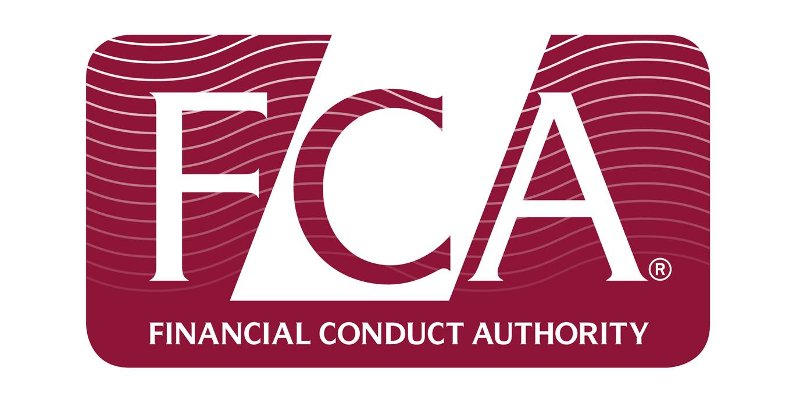The Financial Conduct Authorityis seekingviewson how technology canimprove the process of sending data to the regulator.

The Financial Conduct Authorityis seekingviewson how technology canimprove the process of sending data to the regulator.
All regulated firms submit regulatory report data to the FCA based on their financial activities so the regulator can supervise them, monitor markets and detect financial crimes.
Christopher Woolard, FCA’s executive director of strategy and competition, said: “Technology is a powerful shaper of financial regulation, able to make compliance simpler and more efficient.
“Our TechSprints bring people from across the financial services world together to share their collective knowledge to solve common problems.We look forward to working with industry participants in the coming months to drive these ideas forward.”
The FCAhas hosted a number of‘TechSprints’,that bring together financial services providers, technology companies and subject matter experts to develop solutions to regulatory challenges.
In November 2017, the FCA and the Bank of England held a two-weekTechSprintto examine how technology can make the current system of regulatory reporting more accurate, efficient and consistent.
At theNovemberTechSprint, participants developed a ‘proof of concept’ which could make regulatory reporting requirements machine-readable and executable– so data could be sent on an automated basis.
This is said to potentially benefit both firms and regulators by increasing theaccuracy of data submissions, reducing the cost of compliance costs and make the process faster.
Guy Kirkwood, chief evangelist at robotics expert UiPath, said: “Robotic process automation is already having a huge impact on the way that financial institutions meet regulatory requirements.
“These organisations have large teams dedicated to complying with a raft of regulations, much of which involves analysing large amount of data from various business lines and systems. The growth of robotics is helping to automate manual tasks and provide higher levels of accuracy and enhanced productivity.
“The future development of intelligent RPA may be able to further replicate human decision-making and further disrupt financial compliance.”
Every year the FCA receives over 500,000 scheduled regulatory reports from firms, as well as additional ad hoc reports.



